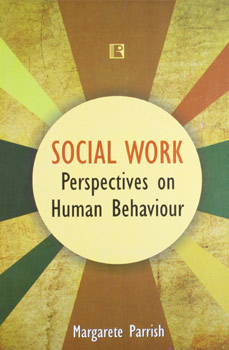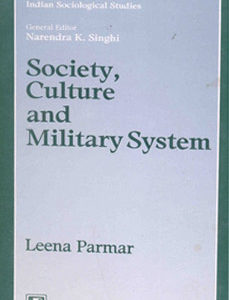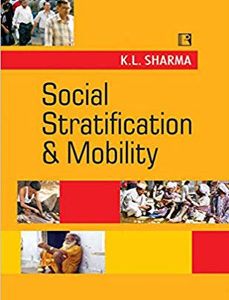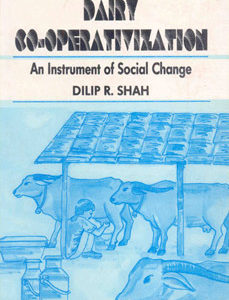SOCIAL WORK PERSPECTIVES ON HUMAN BEHAVIOUR
₹1,100.00 Original price was: ₹1,100.00.₹880.00Current price is: ₹880.00.
25 in stock
The capacity to observe, interpret and understand human behaviour is vital for effective social work practice. By choosing to enter a profession that requires high levels of astute observation and listening skills in the interpretation of people’s behaviour, social work students have undertaken a demanding task.
Using a bio-psychosocial framework, this fascinating book provides a wide basis of perspectives on human behaviour on which to build understanding of and responses to people’s behaviours, along with an enhanced appreciation of some of the circumstances that shape behaviour.
Margarete Parrish covers the key theories of human growth and development in the context of social relationships, providing a frame of reference from which to explore various aspects of human behaviour. This is particularly relevant to students’ preparedness to practice social work with complex populations, addressing factors such as:
• Attachment • Developmental status • Context • Diversity • Trauma • Oppression
By drawing from biological, psychological and sociological perspectives, the book aims to provide social work students with a theoretically informed basis to observe, understand, and interpret people’s behaviours in ways that will contribute to excellent practice.
The book includes exercises, discussion questions and chapter summary points to help the reader further develop their understanding.
Social Work Perspectives on Human Behaviour is key reading for all social work students.
Contents
Introduction
• The role played by theory in understanding behaviour
PART I: Biological Dimensions of Human Behaviour
• Biological and medical influences on behaviour
• Developmental models and considerations
PART II: Psychological Dimensions of Human Behaviour
• Freud’s psychoanalytic and Erikson’s developmental theories of behaviour
• Neo-Freudian or ego psychology perspectives
• Behaviourism
• Cognition and theories of learning
• Humanist and existentialist perspectives on behaviour
• Influences of trauma on behaviour
• Influences of mental health, alcohol, and other drugs on behaviour
PART III: Social Dimensions of Behaviour
• Systems theory, ecosystems and personal-cultural-social (PCS) perspectives
• Families and family systems
• Feminist perspectives on behaviour
• Theories of sociological and socio-economic influences on behaviour
| Author's Name | |
|---|---|
| Binding | |
| Release Year | |
| Language | |
| Publisher |
Related products
Sociology
Sociology
Sociology
CHRISTIANITY, IDEOLOGY AND SOCIAL CHANGE AMONG TRIBALS: A Case Study of Bhils of Rajasthan
Sociology











